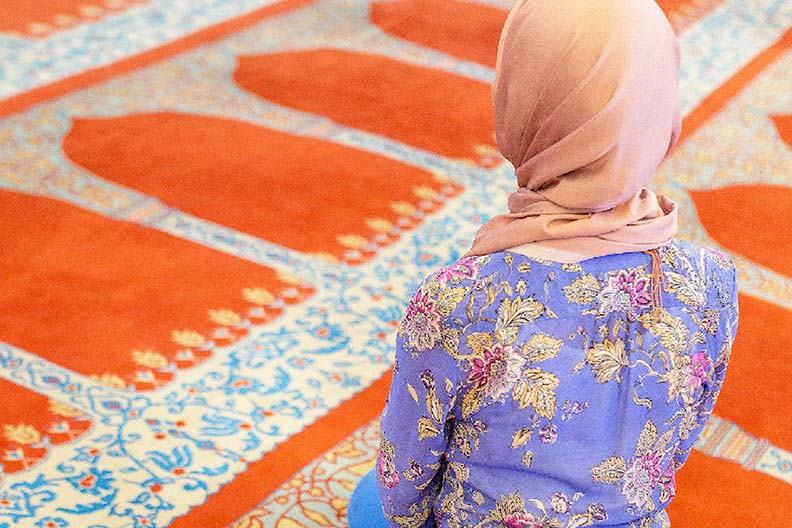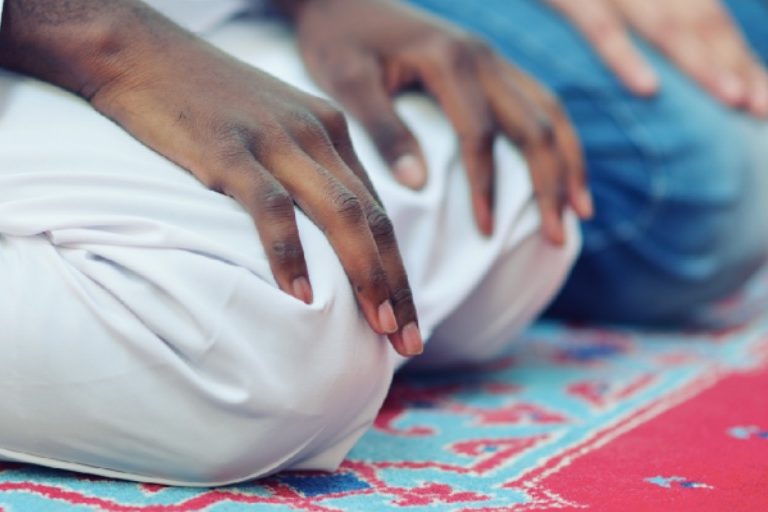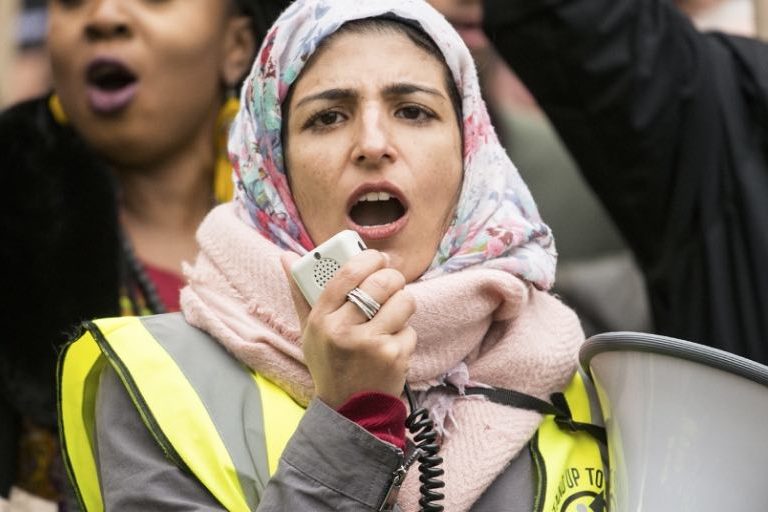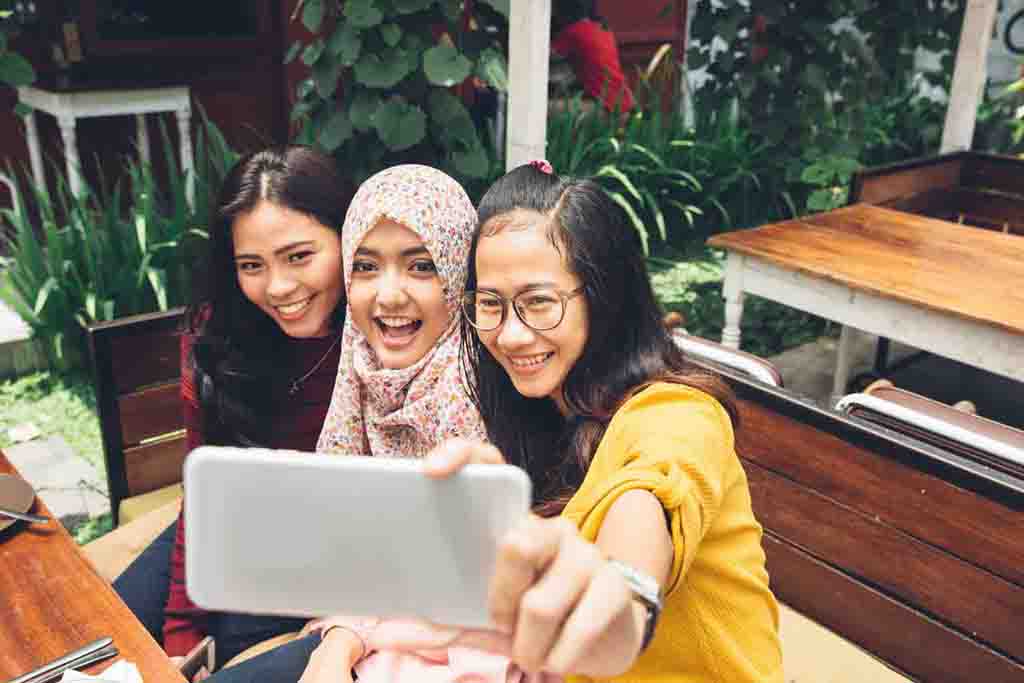ISPU works to strengthen American Muslim communities by injecting research into conversations. To advance that goal, ISPU partnered with the Yaqeen Institute to integrate ISPU research into a series of Talk Toolkits developed by Yaqeen, allowing communities around the country to receive evidence-based and inspiring talks. Each ISPU | Yaqeen Talk Toolkit contains a primer to the topic, a script, and a recording of the talk delivered by a local imam or youth director. These resources are especially useful for those looking to supplement online Friday khutbahs and jummah services during COVID-19 mosque closures.
These toolkits are specifically developed as a tool to empower and equip imams, youth directors, MSA leaders, and Islamic schools to address topics relevant to the concerns of American Muslims today. On this page, find brief descriptions of the topics Yaqeen and ISPU have developed toolkits for, using ISPU data. Click through to access the full Talk Toolkit.
ISPU data shows that, on average, women and men attend the mosque at equal rates. What is more, among young Muslims between the ages of 18 and 29, 75 percent of women said religion is central to their lives, compared to 53 percent of men. At the same time, Muslim women report feeling unwelcome at mosques due to a lack of relevant programming, lack of women leadership, and inadequate physical spaces. This toolkit uses recommendations from ISPU’s Reimagining Muslim Spaces project to address these needs.
In the 2016 elections, polls found that Muslim Americans were the least likely group to vote or to even plan to vote. Data from just before the 2016 election showed that although 85 percent of Muslims planned to vote, only 60 percent of them were actually registered. This toolkit uses ISPU’s American Muslim Poll data to examine the current state of Muslim civic engagement and explore how Americans Muslims can benefit individually and collectively from increasing their engagement.
According to ISPU research, Black Muslims are just as likely to experience racism from their own faith community as Black Americans are from their own faith communities, with both groups more likely to report experiencing racial discrimination from the general public. This toolkit defines implicit vs. explicit bias, and uses ISPU American Muslim Poll data on discrimination to explore strategies for combating racism inside Muslim communities.
Not only is Islamophobia misplaced and irrational, but it is deliberately stoked by an industry of immense resources. This Islamophobia Industry sells fear of Islam and Muslims to the general public and have dominated the discussion of Islam in many major media outlets. This toolkit uses ISPU and Georgetown University’s Bridge Initiative’s research on Islamophobia to understand this type of bigotry, including ways to combat it.
According to ISPU data, American Muslims are the most likely faith group to report low income, witness religious-based bullying of school-aged children, and encounter religious discrimination. These unfavorable experiences are in-part fueled by negative perceptions of Islam and Muslims, propagated in unequal media coverage and inflammatory political rhetoric. This toolkit uses ISPU case studies to take a look at how some exemplary American Muslim communities are providing social services to their surrounding areas so listeners can learn from their experiences and implement similar practices in their own communities.
Narratives are important and impact the lives of millions across this country and the world. Perceptions of Muslims based on media representations get translated into overarching socio-cultural stereotypes and policy. ISPU’s rigorous Muslims for American Progress research, which details the actions, contributions, and engagement strategies of American Muslims, helps push back on false claims and generalizations about Muslims in America.
ISPU data shows that Muslims are more likely than Catholics, Jews, and non-affiliated Americans to express personal devotion to their faith in their private lives. However, this shifts when analyzing devotion to faith in a more public sense. This toolkit helps Muslims reflect on their commitment and devotion to their beliefs, including when deciding whether to publicly display aspects of their religion.
The latest ISPU | Yaqeen Talk Toolkit tackles what ISPU research has revealed to be a major concern: marital support. ISPU data reveals Muslims are as likely as the general public to be married, but less likely to be divorced. This toolkit looks at how important it is for communities to provide martial support, including counseling, mediation, and reconciliation.









